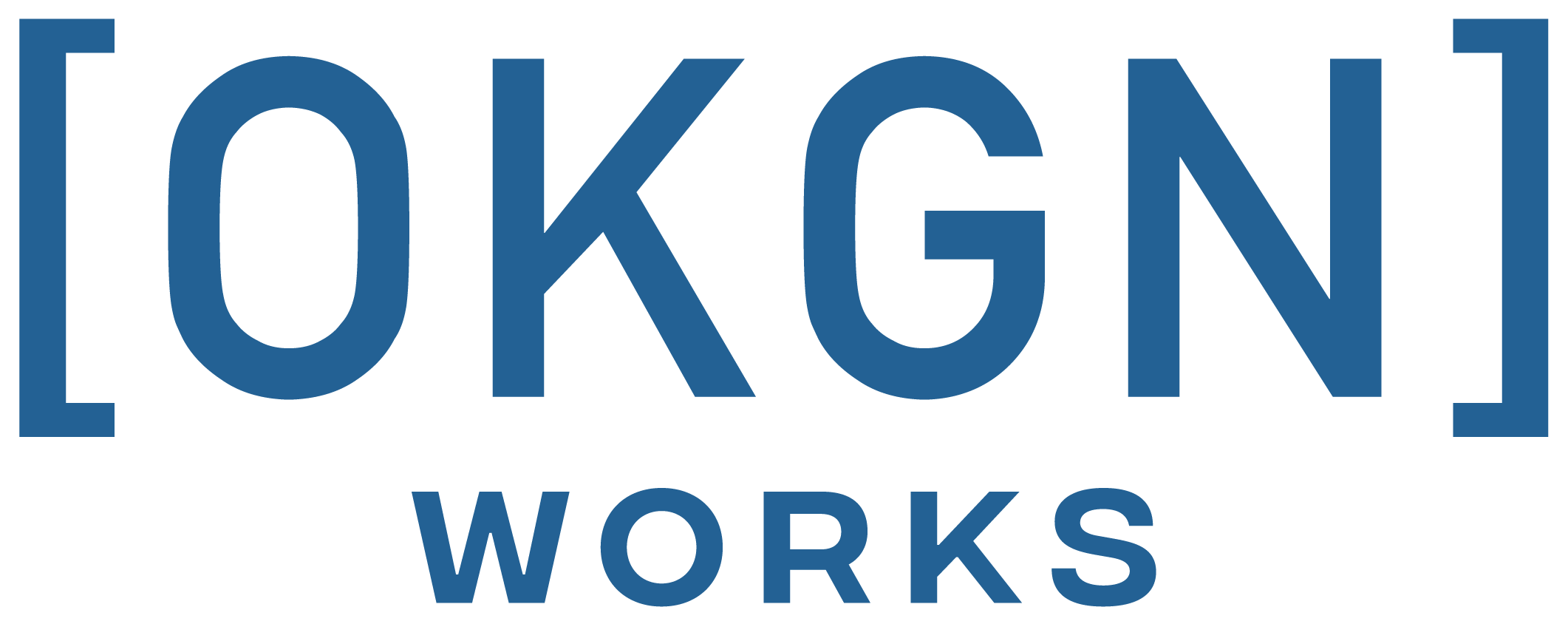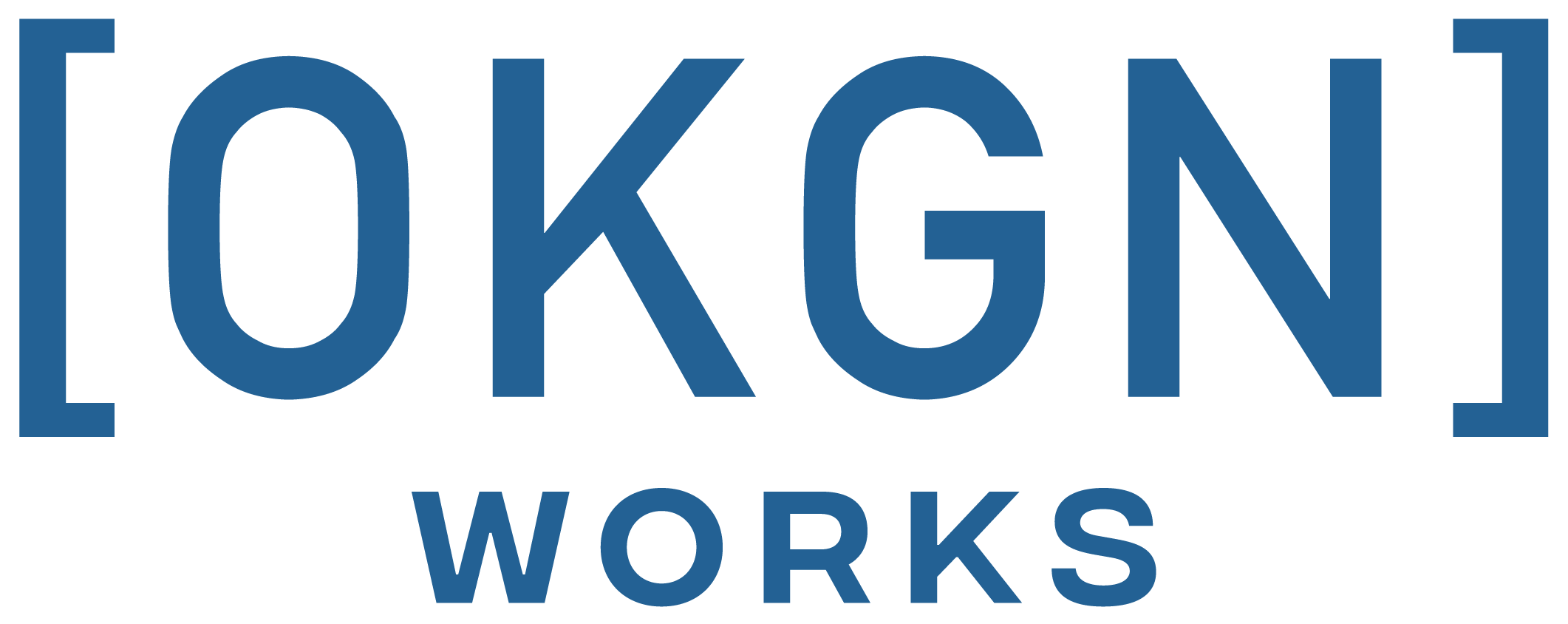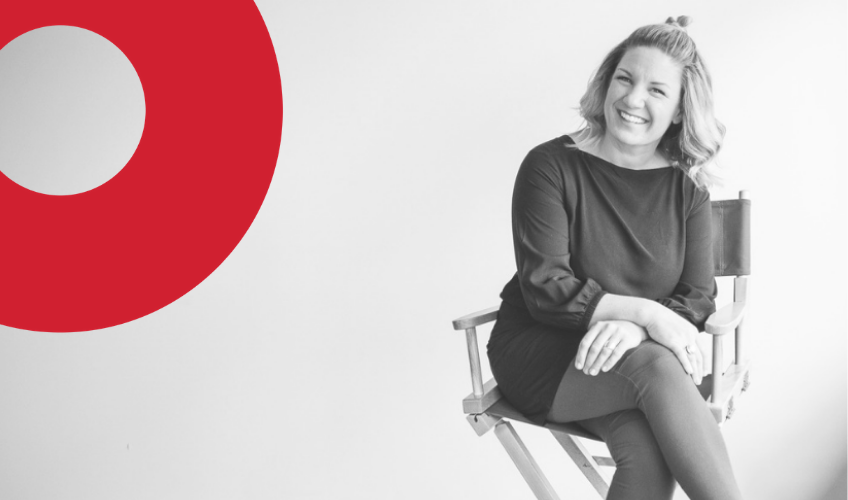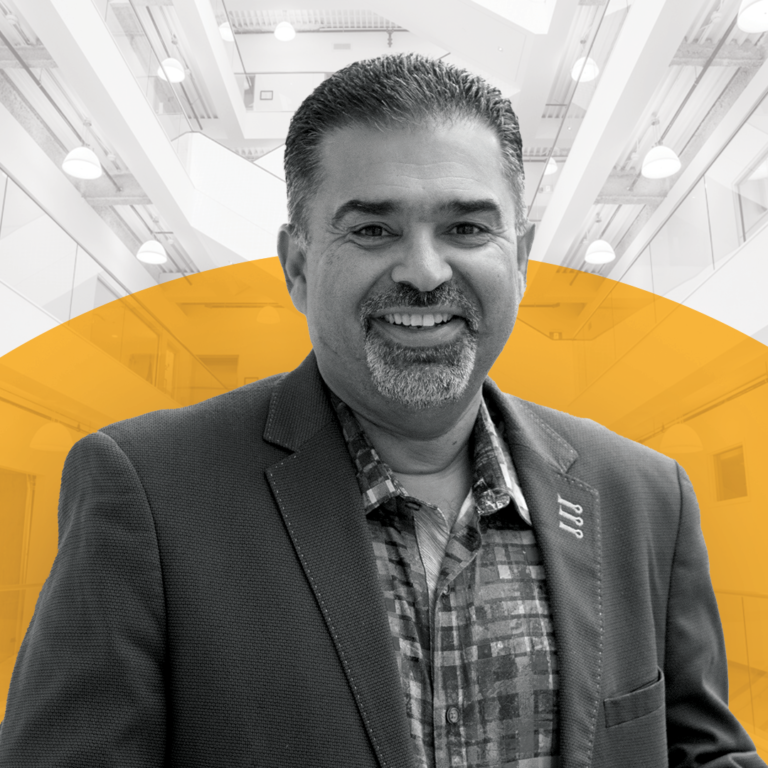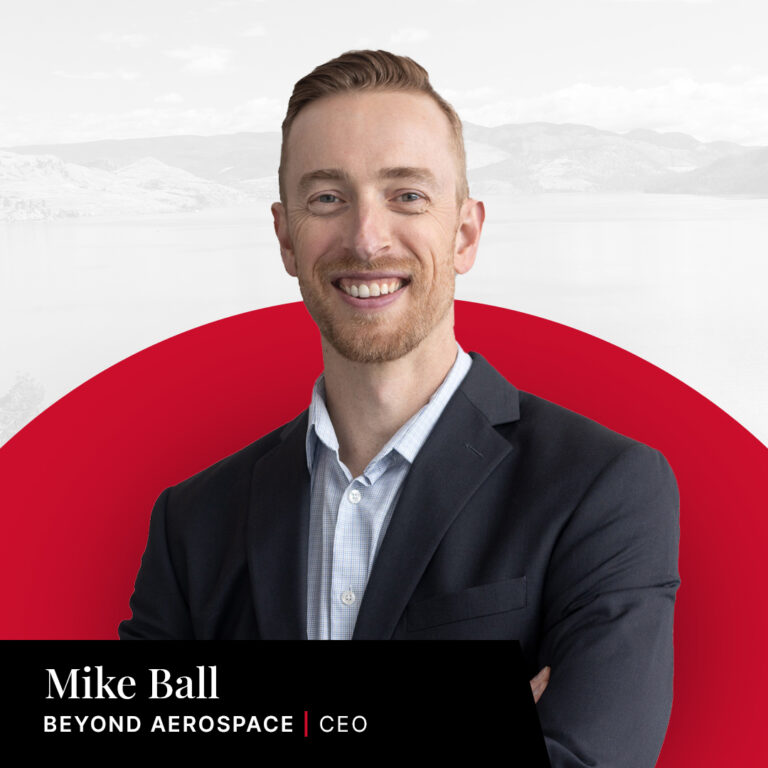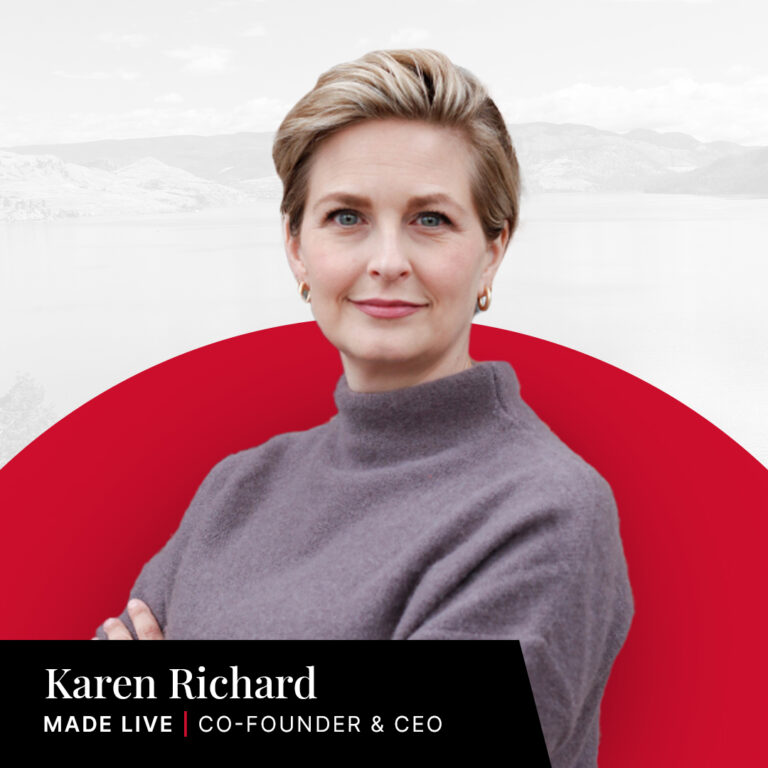
Creativity is one of those unpredictable forces that can’t be coordinated or pressured. It can’t be coaxed, subdued or predicted—so how do you put a deadline on creativity?
The wonderfully playful designs that accent Yeti Farm’s office are indicative of the wild creative energy that fills their space. With entertainment moguls like Amazon and Netflix on the receiving end of Yeti Farm’s work, it should come as no surprise that the studio’s quality is ahead of the curve. It also means that deadlines and expectations are subject to corporate scrutiny.
Along with everything else, creativity is subjective. So, hand-in-hand with obstacles typically encountered by growth-stage companies, Yeti Farm needs to make sure their animators are working in an environment that values them and their creative needs.
We recently caught up with Ashley Ramsay, CEO and founder of Yeti Farm, to see how she keeps the company’s staff and partners front of mind in equal parts.
1. When you’re at work, what’s your focus?
“Making decisions, executing on different strategies, finding new partnerships, as well as building and maintaining relationships”
2. How do you maintain success while still reaching to introduce new content?
“We have incredibly talented staff that have helped bring to life some popular shows at Yeti Farm. It’s different when you’re creating children’s shows because you’re never really sure what will be a success. We’re going to be releasing a few new IPs in the future. We’ve been working on them for years and we’re really looking forward to revealing them.”
3. What would you say is your main strength that you bring to Yeti Farm?
“Trusting your gut and getting buy-in from leadership and our partners to help ensure that we’re all in agreement as we move forward.”

4. Is there a secret sauce to your success in making strategic decisions?
“Building a model that allows all members to come to an agreed upon decision. It helps remove biases and encourages leadership to present their opinions in objective ways.”
5. What is one thing you know now that you wish you knew before or early-on in Yeti Farm?
“Planning backwards. Early on we engaged in some investments that didn’t really work out the best for us. We weren’t taking the time to ask ‘where do we want to be in 7 years?’ and determining the steps we needed to take walking back from that point. It would have helped us recognize our financial needs earlier on.”

6. What are some of the toughest parts of your role?
“Standing by the decisions you make, no matter what ends up happening. With the process we’ve set up for making decisions, we all end up on the same page. But it’s hard when something doesn’t go quite right and you need to be transparent about having made the wrong move.”
7. Do you see common misconceptions regarding your responsibilities?
“Hard to say, early on we set up swimlanes for all of the senior management members of the team and give them autonomy to operate in those lanes. This helped ensure that certain individuals are focusing on various aspects of running Yeti Farm. We can still talk and support each other, but we ask that each member manage to their strengths. We aren’t randomly assigning work to whoever has the least on their plate, regardless of their expertise.”

8. How do you see Yeti Farm growing over the next few years?
“As we look to introducing new content, we plan on adding around 250 seats to our company over the next three years. We want to start diversifying and introducing our products to new mediums. Comics, video games, mobile games—how can we become an entertainment company instead of just an animation studio?”
9. What are some of the unique challenges of being a CEO in a creative studio space that wouldn’t exist in other spaces?
“It’s really difficult when you start gaining success, you pick up the attention of big entertainment companies that expect a specific result. Creativity is very personal, it’s spontaneous, it’s chaotic. It’s hard to foster that kind of free-thinking when there are deadlines that need to be adhered to from companies that expect certain results. It’s something we really lean on our management team for. We need the animators to feel like they have the space to get creative.”
10. What is one piece of advice you would share with someone with entrepreneurs flirting with the idea of going big?
“Extend your brand into all the things you do. It helps to attract and retain people who represent your company’s values. As an example, most companies view and create job postings in the same way as businesses in other industries. That shouldn’t be the case. Internal communications, external communications, advertisements, job postings—anything associated with your company should carry your branding. It’s how you foster culture instead of trying to build it.“
